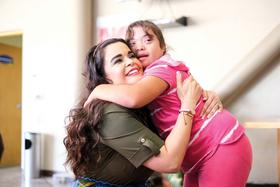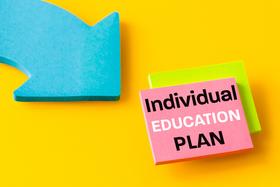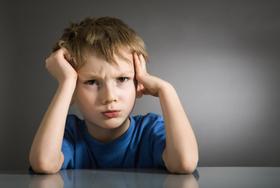A growing number of researchers are discovering that younger children’s access to early education leads to an enhanced ability to read and cognitively perform more effectively throughout their lives. Subsequently, many public schools are considering new programs that require kindergarten students to attend classes for a full day.
Traditionally, these younger students were slowly introduced into the academic world with only half or partial day classes; however, as more schools implement these programs, both educators and parents are forced to evaluate the many pros and cons of this rising trend.
The following video from the AMSD 2013 Annual Conference discusses how to prepare for the transition from half-day to full-day kindergarten.
The Current ĺŇ”őŐŚ”ż Dynamic
Nationally, according to the , 31 states increased their funding in 2006 for early elementary programs. In addition, ‚Äú‚Ķin 2007, at least 40 state legislatures have considered preschool programs and full-day kindergarten initiatives.‚Ä� Specifically, ‚ÄúLegislators in Connecticut, Indiana, and Rhode Island proposed bills in 2007 to require school districts to offer full-day kindergarten,‚Ä� while ‚ÄúAt least eight other states have considered reimbursing schools that offer voluntary full-day kindergarten.‚Ä� While many areas are promoting these new full-day agendas, many individuals are torn on the various arguments of this heated debate.
The Pros of Full-Day Kindergarten Instruction
Children enjoy long-term academic benefits
As the Milton View explores in their article, “Full Day

































